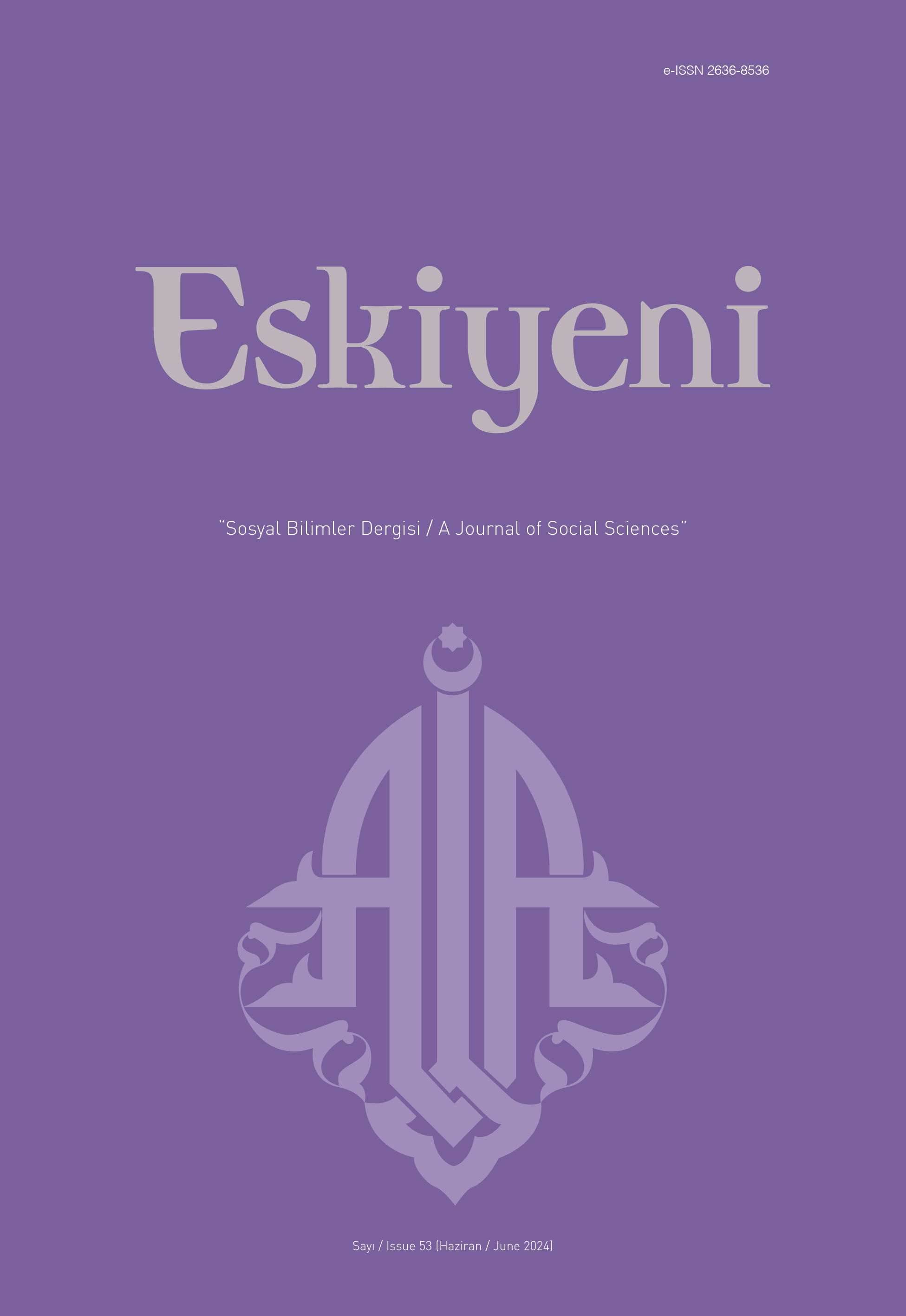İslam Hukukunda Kadınlara Tanınan Muafiyetler: Namaz ve Oruç Örnekleri
Exemptions Granted to Women in Islamic Law: Examples of Prayer and Fasting
Author(s): İsa AtcıSubject(s): Gender Studies, Law, Constitution, Jurisprudence, Theology and Religion, Islam studies, Sharia Law
Published by: Anadolu İlahiyat Akademisi
Keywords: Islamic law; Prayer; Fasting; Menstruation; Puerperal; Women's rights;
Summary/Abstract: God created man in a special form and gave him reason and will. God, who created humans in two different genders, male and female, declared that superiority is not based on gender, but rather based on taqwa (piety). Accordingly, being a man is not a source of pride, nor is being a woman a degrading quality. While God has endowed man with many rights, especially the right to life, it also imposes some responsibilities. Although God considered men and women equal in creation, faith and servitude, established some different provisions regarding responsibility. One of these areas is worship. Islam does not hold women responsible for some practices related to worship. Essentially, this attitude of Islam towards women is not a devaluation or restriction, but rather a valuing and providing positive privileges over men. When we examine prayer and fasting practices closely, we see that women are not only on menstrual and puerperal days, but also on days when they have different obligations such as pregnancy and breastfeeding. Likewise, they were not obliged to perform Friday and Eid prayers by their obligations such as childcare etc. They were also excused from performing regular prayers in congregation in the mosque. It should be noted that Islam's approach to the issue is based on opportunity, need and necessity, not gender. In this context, discourses that Islam and Muslims exclude women and see them as second-class beings damage the image of Islam and Muslims. However, these accusations are baseless allegations based on distortions of the relevant provisions of Islamic law; These are baseless allegations. Our study is important in that it demonstrates that these accusations are unjustified by focusing on the positive privileges granted to women, whereas they are not granted to men. To reveal these privileges, only prayer and fasting practices have been examined within the limitation of these study and the relevant issues have been tried to be processed with evidence by making use of the basic sources of the sects. The content of the subject has been enriched within the framework of sectarian views, and current studies on the subject have been tried to be analysed. References have been to the views of the High Board of Religious Affairs. This study has refuted the unfair accusations of anti-Islamic discourses and contemporary feminist thoughts, which accuse Islam of not respecting women's rights and restricting women in the field of worship, as in many areas. Contrary to these claims, this study revealed that Islam gives women duties in accordance with their nature and exempts them from duties that would be burdensome for them.
Journal: Eskiyeni
- Issue Year: 2024
- Issue No: 53
- Page Range: 747-773
- Page Count: 27
- Language: Turkish

